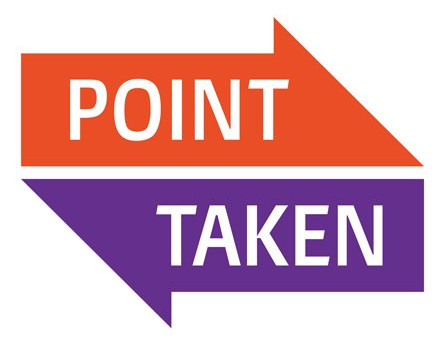Point Taken from PBS Offers Debate with a Side of Civility
Television reviews are not usually within our purview. But this month, happily, something interesting is happening in public broadcasting that invites some civility discussion. PBS, together with Boston’s WGBH, have premiered a new show called Point Taken that’s a version of a panel debate. But far from the Crossfires of the world, this debate isn’t…


